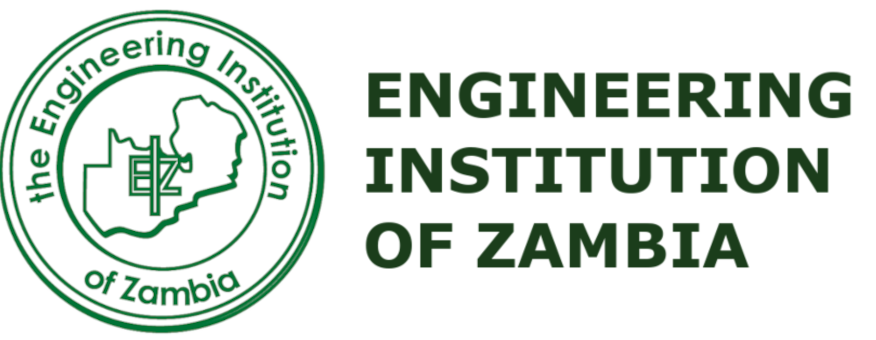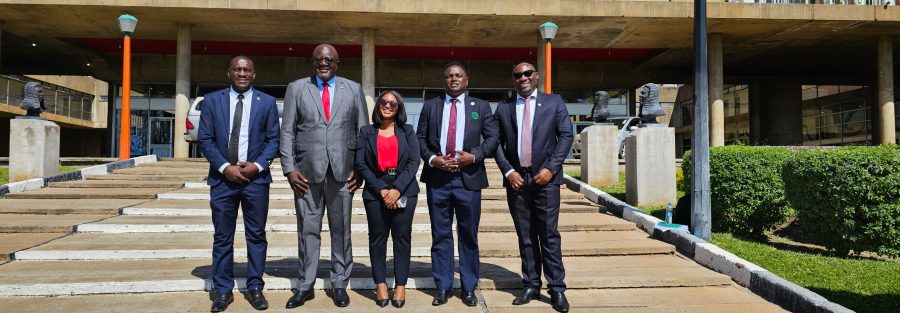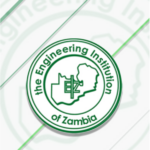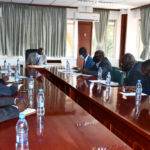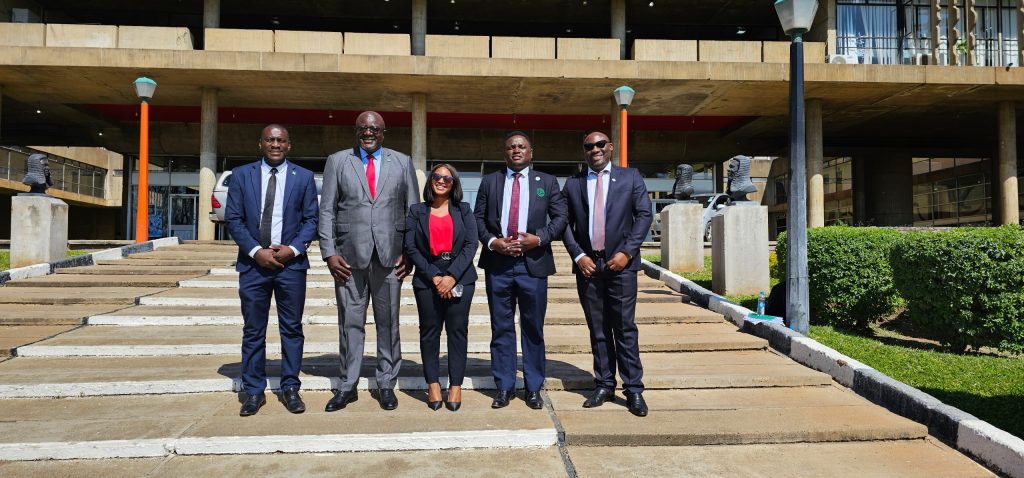
The submission was in response to the Auditor General’s Report on Construction, Rehabilitation, and Maintenance of Urban and Peri-Urban Drainages from 2020 to 2023.
Key among the Institution’s recommendations was the formulation of a comprehensive national drainage policy, a Stormwater and Drainage Master Plan, and the establishment of a dedicated department within the Ministry of Local Government and Rural Development (MLGRD) to oversee drainage matters.
EIZ stressed that such structural changes must be led by qualified engineers and supported by capacity building at local authority levels.
The Institution also advocated for the inclusion of Artificial Intelligence (AI) tools for early warning systems, the development of a code of practice for drainage modelling, and enhanced public awareness campaigns targeting both urban communities and traditional leadership.
EIZ highlighted that meaningful involvement of traditional leaders and residents is essential for sustainable outcomes.
While agreeing with most audit recommendations, EIZ strongly objected to the idea of using Ward Development Committees (WDCs) to inspect technical infrastructure. It cautioned against assigning specialized engineering duties to unqualified personnel, urging instead for increased recruitment of certified building inspectors.
Furthermore, EIZ called for stronger collaboration among local authorities, the Road Development Agency (RDA), and environmental agencies to enforce existing regulations and curb indiscriminate waste disposal, which contributes significantly to drainage blockage and flooding.
EIZ President Eng. Wesley Kaluba led the team, accompanied by Vice President for Policy, Public Relations and National Development Eng. Kennedy Musonda and Registrar and Chief Executive Officer Eng. David Kamungu.
